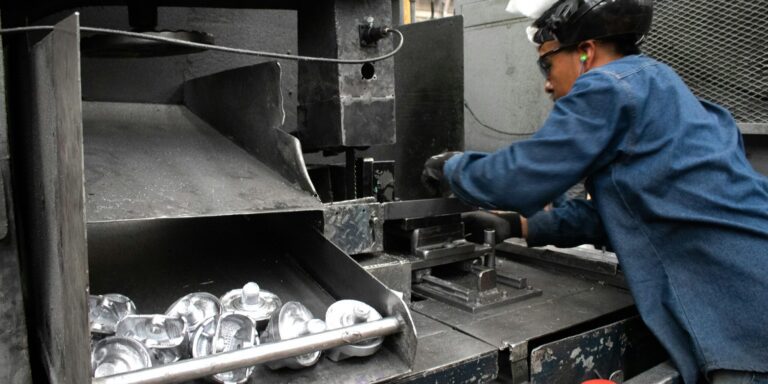On June 18, 2025, Nippon Steel Corporation finalized its $14.9 billion acquisition of U.S. Steel, culminating an 18-month process marked by intense political, regulatory, and labor scrutiny. The deal transforms U.S. Steel into a wholly owned subsidiary of Nippon, while preserving its Pittsburgh-based headquarters and brand identity.
The transaction includes a “golden share” provision that grants the U.S. government veto authority over critical strategic decisions—such as plant closures, board appointments, and relocations—designed to safeguard national security and maintain domestic manufacturing control. This mechanism was introduced under the Biden administration and reaffirmed by the Trump administration as part of a national-security pact.
Nippon Steel’s leadership emphasized that this acquisition marks a significant strategic expansion into North America. The company pledged to invest approximately $11 billion in U.S. Steel operations through 2028, focusing on state-of-the-art mill upgrades, green production initiatives, and long-term supply agreements with key industries such as automotive and construction.
Analysts see Nippon’s move as reinforcing its global production ambitions. The acquisition elevates the company to the position of the world’s second-largest crude steel producer, advancing its goal of reaching 100 million tons in global output. However, credit agencies remain cautious. S&P Global recently downgraded Nippon’s credit rating from “BBB+” to “BBB” with a negative outlook, citing the high debt load and large-scale investments tied to the deal.
The acquisition overcame staunch opposition from labor unions, national security advocates, and bipartisan politicians when initially proposed in late 2023 and early 2024. It was temporarily blocked by the Biden administration but subsequently approved by President Trump in May 2025 under revised terms that included governance safeguards and domestic investment commitments.
With the deal now complete, U.S. Steel joins a new era backed by Nippon’s capital and technology. The company maintains existing collective bargaining agreements with the United Steelworkers, and Nippon has promised a U.S.-led board and chief executive to reinforce its American identity.
Despite lingering concerns about foreign influence and financial leverage, this landmark acquisition underscores both Nippon’s confidence in the future of U.S. manufacturing and Washington’s evolving approach to strategic industrial partnerships.
